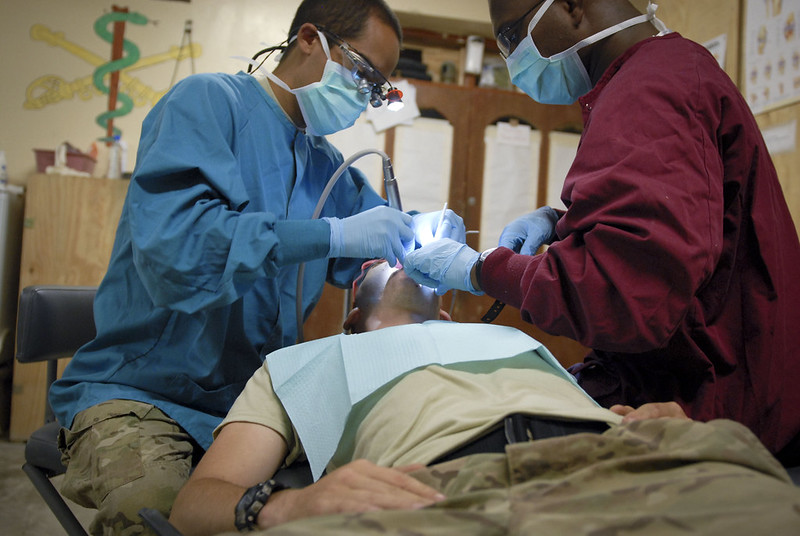Unfortunately dentists and oral surgeons don’t always have all procedures go as planned for their patients. For example, when it comes to wisdom tooth surgery, it is possible for the wrong set of wisdom teeth to be removed as is discussed on the wisdom teeth complications page, see https://www.teethremoval.com/complications.html. Since procedures don’t always go as planned, on this site before guidance for patients who want to be very defensive has been provided, see the post The Defensive Patients Guide to Wisdom Teeth Removal. While patients can sometimes be bad actors and deny that certain information was provided to them prior to a procedure (see the post Patient Recall During Informed Consent for Wisdom Teeth Surgery), dentists and oral surgeons also can behavior badly such as by telling patient’s after their procedure that their condition that resulted could not have possibly been caused by the procedure. So how should dentists and oral surgeons handle procedures that don’t go right?
According to a webinar put on by the American Dental Association (ADA) Council on Advocacy for Access and Prevention in January 2022, clinicians can respond in a particular way to better serve their patients. When patienst experience a harmful event, dentists and oral surgeons might want to stay silent but this can just make matters worse. Dentists and oral surgeons who do not respond to these types of events can make patients suffer, increase their chances of being sued, and also cause anxiety among their dental team. Dentists and oral sugeons should be open about what happened and express empathy and compassion for the patient and use it as an opportunity to learn and better serve their other patients. If dentists and oral surgeons and clinicians act in this matter than their patients will not be as traumatized any futher then they already are since the procedure did not go right.
According to the webinar and comments by Dr. Thomas H. Gallagher, a general internist and professor at the University of Washington, clinicians need to understand that patients desire to have a truthful conversation about what happened that is accurate and includes an apology for what went wrong. Further conversations can occur between clincians and patients as needed and in some cases compensation offered to make up for the wrong. This can help go a long way towards patients feeling like their dentist or oral surgeon cares about what happens and feels bad about it. This can also help prevent patients from getting angry and filing a lawsuit. According to Dr. Gallagher, being open about what went wrong can make it less likely that a dentist is sued. This is because patients feel like they are being cared about and their problem is being taken seriously.

According to the webinar, there are several steps that dentists and oral surgeons should take to better communicate with patients when something does not go right:
- Be proactive and be transparent to show a culture of patient safety.
- Encourage dental staff and patients to share any concerns they may have with patient care.
- Report any events that do not go as planned and result in harm.
- Practice skills needed to effectively communicate with patients if a harmful event does occur.
These certainly seem like good steps for dentists, oral surgeons, and doctors to follow to help improve how they are seen by their patients with regards to how they respond and act when something does not go right and harmful events occur.
Source:
- Melissa Busch, “How to talk to patients when something goes wrong,” DrBicuspid. January 21, 2022. https://www.drbicuspid.com/index.aspx?sec=sup&sub=pmt&pag=dis&ItemID=329944
